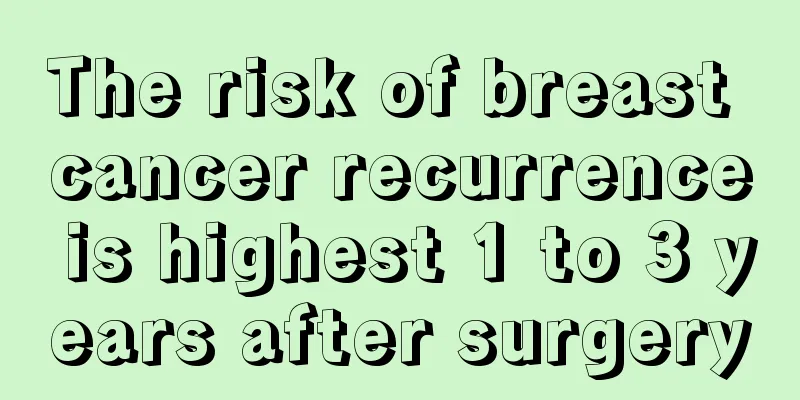What causes a fast heart rate? Which category do you belong to?

|
People of different ages may experience a fast heart rate. There are many reasons for this, some are physiological and some are pathological. Pneumonia, asthma, and other heart diseases can cause an increased heart rate, so they must be checked and diagnosed in a timely manner. (1) Physiological tachycardia: Physiological tachycardia is very common. Many factors can affect heart rate, such as changes in body position, physical activity, food digestion, emotional anxiety, pregnancy, excitement, fear, excitement, drinking, smoking, drinking tea, etc., which can increase heart rate. Age is also a factor; children tend to have faster heart rates. (2) Drug-induced tachycardia: such as sympathomimetic drugs like ephedrine and adrenaline. Parasympathetic blocking drugs such as atropine, caffeine, thyroxine, amphetamine, etc. can cause a rapid heart rate. (3) Pathological tachycardia: Systemic diseases such as high fever, anemia, hypoxia, infection, hyperthyroidism, pain, acute rheumatic fever, beriberi and neurosis can cause tachycardia. The normal heart rate is 60-100. Pay attention to your daily health care, maintain a regular living routine, keep warm, exercise moderately, avoid overeating and drinking, eat a light diet consisting of fruits, vegetables, lean meat, soy products, etc. Avoid greasy, raw, cold, salty and spicy foods, and avoid tobacco and alcohol. People of different ages have different heart rates. The younger the age, the faster the heart rate. If the heart rate exceeds the normal range, it is called a tachycardia. The accelerated heart rate caused by illness is most common when you have a fever. For every 1°C increase in body temperature, the heart rate can increase by 10 to 15 beats per minute. Therefore, diseases that can cause fever will often result in an accelerated heart rate, but typhoid patients are an exception. The pulse of typhoid patients is relatively slow, which is called a relatively slow pulse. This is an important characteristic of typhoid. Pneumonia, asthma and other diseases affect heart function. When heart failure occurs, there will be symptoms such as rapid heart rate, rapid enlargement of the liver, rapid breathing, and blue lips. In children with severe anemia, the heart rate will also increase to meet the body's need for blood supply. A rapid heart rate may also occur when taking drugs such as atropine and epinephrine. Diseases of the heart itself, such as myocarditis, pericarditis, etc., can also increase the heart rate. A fast heart rate will generally return to normal as external factors are eliminated and the disease improves (such as fever subsiding, anemia improving, and heart function returning to normal). |
<<: What is rheumatic heart disease? Symptoms and signs should be taken seriously
>>: Keshan disease treatment requires early detection and early treatment
Recommend
What ointment to use for pubic hair removal
Most of the people who are more concerned about p...
There is mucus in the baby's poop
Babies generally suffer from indigestion. You sho...
Cervical lymph node puncture biopsy
There are lymph nodes all over our body, and they...
What are the symptoms of prostate cancer surgery? Three ways to prevent the occurrence of prostate cancer
Because of its high mortality rate, prostate canc...
What are the symptoms of lip allergies?
Lip allergy is a common phenomenon for our human ...
What are the materials of dentures
If we want to better ensure our high quality of l...
Does sunbathing nourish the kidneys?
There are many ways to nourish the kidneys and co...
Are myopic sunglasses good for your eyes?
For people who wear myopia glasses, it would be b...
Can ct detect bile duct cancer?
CT examination can be used as an important tool f...
How long does it take for cervical spondylosis to heal
The treatment method of cervical spondylosis is v...
Take a look at the shocking Chinese version of "Gastric Cancer Land
The high incidence of gastric cancer is due to en...
Conservative treatment for bile duct stones
Bile duct stones refer to the growth of stones in...
Wiping sweat like this in summer is most likely to hurt your body
In the hot summer, when sweating profusely, most ...
Which porridge is the best for the stomach? Recommend several stomach-nourishing porridge
Everyone should pay attention to nourishing the s...
What is the reason for the philtrum to beat
Ren Zhong is an important acupuncture point locat...









